Click to read the article in Turkish
Gürkan Korkmaz, the brother of Ali İsmail Korkmaz, who lost his life after being beaten by police and civilians in Eskişehir during the 2013 Gezi resistance, said, "The impunity of the killers killed our sense of justice."
The recent verdict in the Gezi trial can neither be explained by law and justice, nor by conscience, said Korkmaz.
At the final hearing of the Gezi case on April 25, the İstanbul 13th Heavy Penal Court sentenced Osman Kavala to aggravated life imprisonment for "attempting to overthrow the government" and seven others — Mücella Yapıcı, Çiğdem Mater, Hakan Altınay, Mine Özerden, Can Atalay, Tayfun Kahraman and Yiğit Ali Ekmekçi — to 18 years imprisonment for "aiding" Kavala in the attempt.
"While the killers of the young people in Gezi are awarded with impunity and most of them were not brought before the court, our friends were given heavy sentences like 18 years and life imprisonment. This situation can neither be explained by law and justice, nor by conscience.
"The one who received the heaviest sentence among İsmail's murderers were sentenced to 10 years in prison and was released after serving 3 years and 4 months. In such an environment, sentencing our friends, Mücella Yapıcı, Can Atalay, Osman Kavala and others, to life imprisonment and 18 years in prison is unreasonable and unjust."
"I will visit Mücella and others"
They have been in solidarity with those who are now imprisoned, said Korkmaz.
"Can Atalay was always with us during the establishment of the Ali İsmail Foundation and the trial process as a lawyer and a friend. Mücella Yapıcı, you know, was always with us. Especially Can and Mücella were the people with whom we were in constant communication.
"If we could get permission, we would visit Mücella. A special permission is needed since we are not her relatives. But I'll visit Mücella because I'm a lawyer. My mother will visit Berkin's mother, Gülsüm."
"Passive investigation"
About the case of the killing of his brother, Korkmaz said, "The incident happened in Eskişehir. İsmail had been in a coma for 38 days. The investigation had been conducted passively for 38 days. After the passing of Ali İsmail, the investigation accelerated with the influence of the public. The killers, the perpetrators, were found.
"While the Eskişehir courts were authorized, they moved the case from Eskişehir to Kayseri upon a decision the Ministry of Justice gave due to security reasons. Normally, Eskişehir is a city where cases are moved for security reasons.
"Because it was the Gezi case, Eskişehir was not a safe city this time. Whose safety is it about, anyway? The safety of the killer or the aggrieved? This is also debatable."
"The sentence was unjust"
The process was exhausting both spiritually and legally, said Korkmaz.
"While the expert reports indicated wilful murder, the killers were sentenced for 'wilful injury resulting in death.' The sentence was unjust.
"They killed our child, our brother. The pain of this was already something that broke and saddened us already; the impunity of the killers was a situation that killed our sense of justice morally.
"There was a groundbreaking situation in the Ali İsmail Korkmaz case. It was concluded in two years due to public pressure. The verdict was given in January 2015.
"They could not prolong our case after the serious public pressure, the media coverage, the revelation of the footage and the efforts of the lawyers. The case was ready and they couldn't keep it pending for too long."
Release of the killers
"The police officer who received the heaviest sentence was sentenced to 13 years in prison and it was later reduced to 10 years and 8 months due to good conduct. They were already arrested after the first hearing, they were in prison.
"However, after the coup attempt on July 15, 2016, the criminal enforcement law was changed on July 19. The killers of Ali İsmail benefitted from the criminal enforcement law.
"It was ruled that he should benefit from the law and serve 5 years and 4 months instead of 10 years and 8 months, and he should spend two years outside due to good conduct. So, Mevlüt Saldoğan, who spent the longest time in prison, was released after serving 3 years and 4 months.
"If you remember, he had participated in the Gezi case as an aggrieved party. He had claimed that he had lost his job and therefore he had been aggrieved by Gezi."
Cases of Berkin, Ethem and Abdullah
"Ali İsmail's case was an exception in this period, but, for example, there is not even an investigation regarding Ahmet Atakan. The cases of Berkin, Ethem and Abdullah Cömer were either sidestepped or covered up.
"While there is no justice for them, our friends receiving 18-year sentences and Kavala receiving an aggravated life imprisonment nine years later is a political verdict independent of the law.
"While two of the three judges with the same competency, examining the same case, foresee the heaviest punishment, the fact that one of them says that the case is completely baseless and the acquittal of the defendants is required shows the contrast and the gap between the legal point of view and the political point of view," he said.
The killing of Ali İsmail KorkmazAli İsmail Korkmaz attended the Gezi protests on June 3, 2013, in the central province of Eskişehir, where he studied at the department of English Teaching at Anadolu University. He was beaten by a group of casually-dressed people as he was running away from the police, who were using tear gas against protesters. Arriving at Yunus Emre Public Hospital, Korkmaz allegedly was not admitted by officials who told him to testify to police headquarters initially. Similarly, officials refused to admit him the next morning. Korkmaz struggled to find a police station to testify with his situation worsening. Finally, he was admitted to Eskişehir Public Hospital and diagnosed with "brain hemorrhage". He was later transferred to Osmangazi Medical School Hospital. Operated, Korkmaz was unresponsive since June 4, 2013, and lost his life on July 10, 2013, after 38 days of coma. His family filed complaints against Yunus Emre Public Hospital and a prosecutor launched an investigation into the case. |
(MD/AÖ/VK)






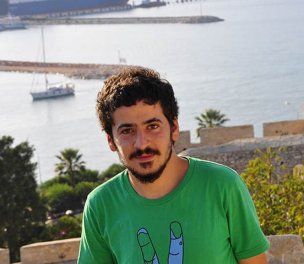
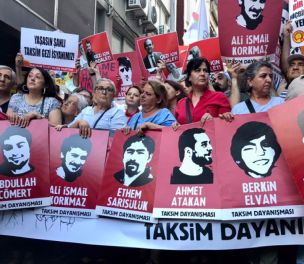
sa.jpg)
sa.jpg)
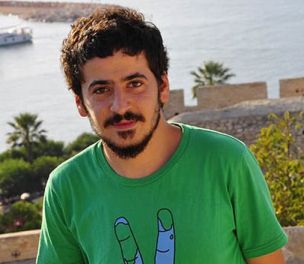
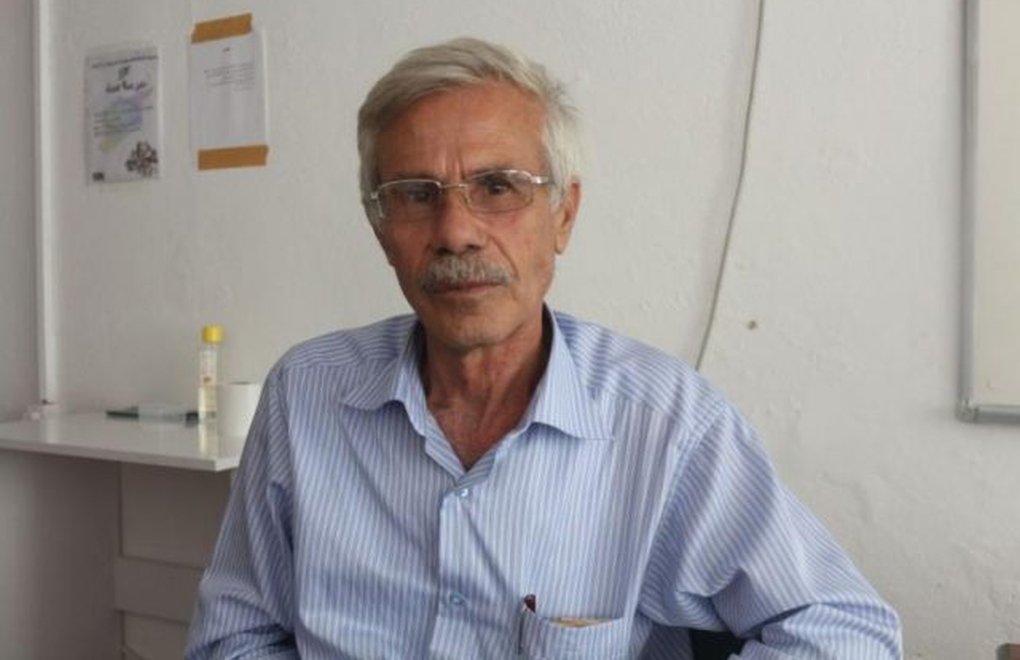
.jpg)
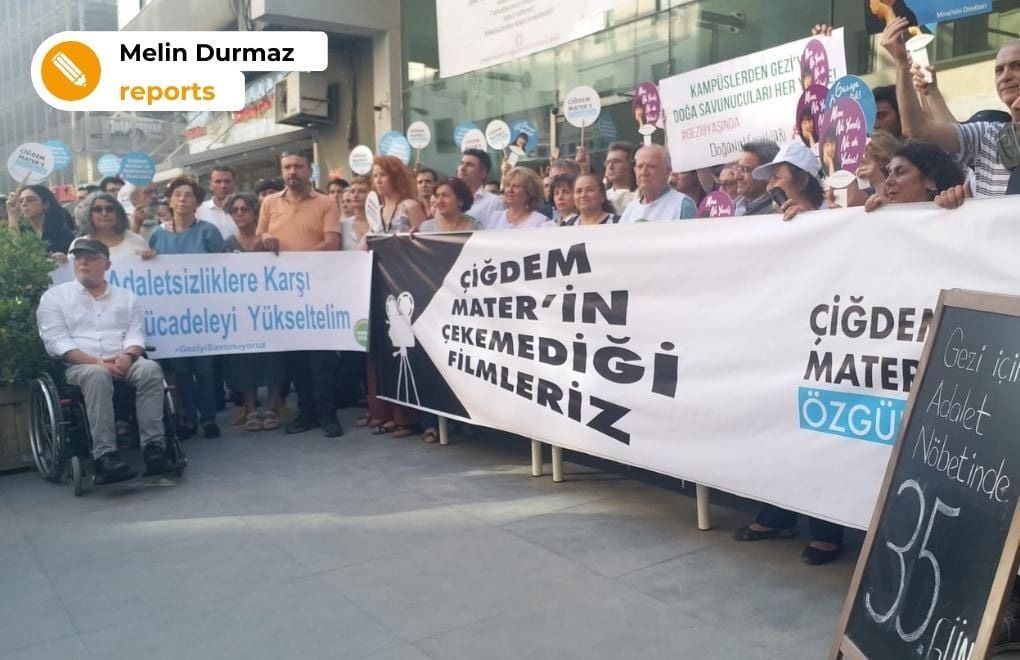

.jpg)